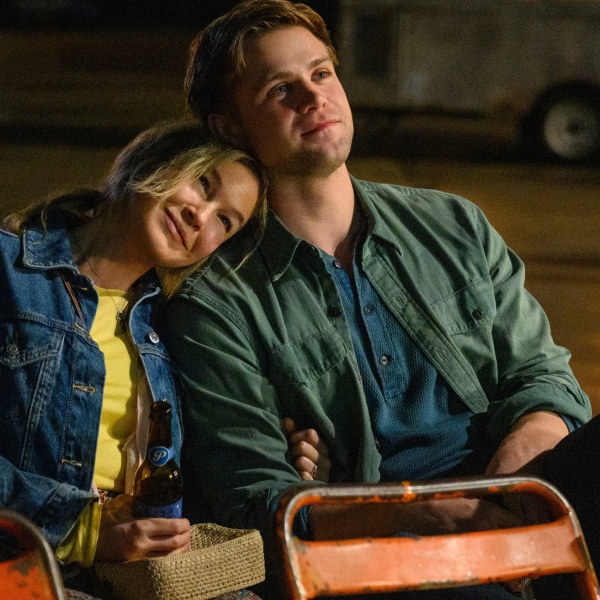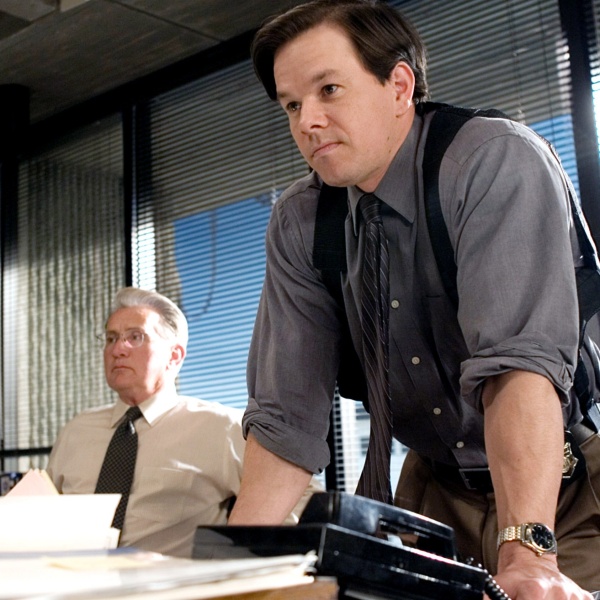
There’s nothing inherently wrong with movies, television and product for the younger, least discerning set. Overspecialization has flooded the market with the rise of the internet and 800-channel cable systems, but entertainment made solely for the least-challenged among us can lighten up the imagination of the tots and toddlers otherwise lost amidst mass media aimed at the older set.
So who is “The Smurfs” for?
The Smurfs are about nothing and everything all at once, a broad-enough commercial creation about a group of small turquoise woodland friends (all boys, save for one female) who battle Gargamel, an evil human wizard with somewhat-distressingly ethnic features. They fit perfect within a 1980s Saturday morning cartoon explosion consisting of half-narratives being shaped for the sole purpose to move products. And what child wouldn’t want their own small, unthreatening blue man?

Unfortunately, because a movie version of “The Smurfs” was inevitable, it’s fallen into the hands of a filmmaking team with no imagination. The characters themselves, each defined by their single trait, create too wide a canvas for the uncreative mind, so what better way to solve that problem than to take them out of their magical homeland and into New York City? And specifically, the areas of New York City that seem solely populated by tourists? The romanticizing of Times Square is something that should have gone out of style two decades ago, but if it didn’t hold a tacky allure, there would be no tourists, would there?
Once they arbitrarily fall into a waterfall portal (with Gargamel in tow), the characters end up in Central Park, essentially become the pets of an ad executive and his pregnant girlfriend who live in the nicest East Village apartment in the world. Why these kids’ movies have to have high powered suits in lead roles (see: “Mr. Popper’s Penguins,” “Imagine That,” etc.) remains one of life’s great mysteries. From there, it’s simple station-to-station storytelling. The Smurfs want to get back home. Gargamel wants to capture the Smurfs and use them for magic. Makes sense.
So why do we even spend time with the ad executive and his vicious boss at a cutthroat fashion agency? What sort of story concession is this? It’s a decision that makes no sense not only from a creative perspective (the job is so ill-defined that there’s nothing at stake) but also from a commercial perspective: who wants to see this, and what does it have to do with Smurfs? Maybe because they realized they could only stretch the kid-centric elements of the narrative so far, with a few hijinks, a CGI-heavy final battle, and endless variations of “smurf” as an adjective and/or noun.
In other words, their lack of creativity, and complete distrust of a child’s imagination, is out in full view, allowing for half-hearted pandering to an adult audience. Unless children, excited by Tim Gunn ’s presence (he is fourth billed, somehow), are just waiting for the inevitable moment he says, “Make it work,” which played to stone silence at our screening. Are children going to understand that the Smurfs have no idea what “E.T. The Extra-Terrestrial” is? Maybe, but they’re sure to love it when one Smurf runs in front of a cab and screams, “Hey, I’m walking here!” These Smurfs come from a land where movies don’t exist, but they’ve seen “Midnight Cowboy.” Maybe they thought the X-rated Oscar-winner was a “blue movie.” Har har.
There are elements of “The Smurfs” that, in spite of the filmmakers’ cynical calculation, actually work. While Hank Azaria’s Gargamel is an excruciating comic performance, he’s been teamed with a mostly-CGI cat exaggeratedly animated to such a gross extent that it’s disturbingly human sitcom reactions are actually quite amusing. When you’ve been tasked with working on the CGI for a “Smurfs” movie, you have to amuse yourself somehow.
Neil Patrick Harris is completely game as the executive who finds his life overrun by these little blue critters. But it’s Jayma Mays who completely commits as a girl who finds the Smurfs absolutely iwwesistable, her lightweight glee shining through the film’s overlying cynicism. And boy, is it cynical: in addition to an endless sequence taking place at F.A.O. Schwartz that tops the T.G.I. Friday plug in “Zookeeper,” the film pauses for an extended music video where, for no plot-driven reason, the Smurfs play Rock Band to the entirety of “Walk This Way.” Jam Master Jay spun in his grave.
It’s maybe the fifth poop, vomit, or urine joke where you do start to wonder who is supposed to get the most pleasure out of this film. Perhaps perverts? It would certainly make sense, given how often it’s addressed that Smurfette is the only female in the group, before being summarily dismissed. It’s bad enough that this small society of Smurfs suggests the mercurial nature of man, but females must only have one specific personality. There also has to be a scene where Smurfette become enraptured by a succession of frilly dresses in the doll section, her desire to accessorize clearly stronger than helping her Smurfmates survive a Gargamel attack.
And when you go scatological, as the film does every five minutes, you have to invite discussion of other bodily functions. So when Smurfette wears a dress and stands above a radiator as it kicks up her neither regions a la “The Seven Year Itch” (again, for who?), the other Smurfs gawk. “Are you thinking what I’m thinking?” asks Grouchy Smurf. Well, are they? Hmm? Smurfette is voiced by our generation’s greatest feminist, Katy Perry, and you wonder if she understands the calculation implicit in her character winking as she says, “I kissed a Smurf, and I liked it!“ For the record, Grouchy Smurf, who just seems lazy more than rude, is voiced by Hispanic comedian George Lopez. Comforting.
“The Smurfs” is yet another release showcased in 3D, and, in all honesty, it looks quite good. There are several foregrounded visual effects, and your children will try to reach out and grab one of the blue troublemakers. What other value the film holds for children is somewhat of a mystery. As Clumsy Smurf bemoans his place in life, it is suggested he doesn’t need to be defined as such, and he dreams about being a Hero Smurf instead. And then when he tells Grouchy Smurf that his grumpiness need not define him simply because of his name, he replies that is absolutely does. The lessons we impart. [D-]




